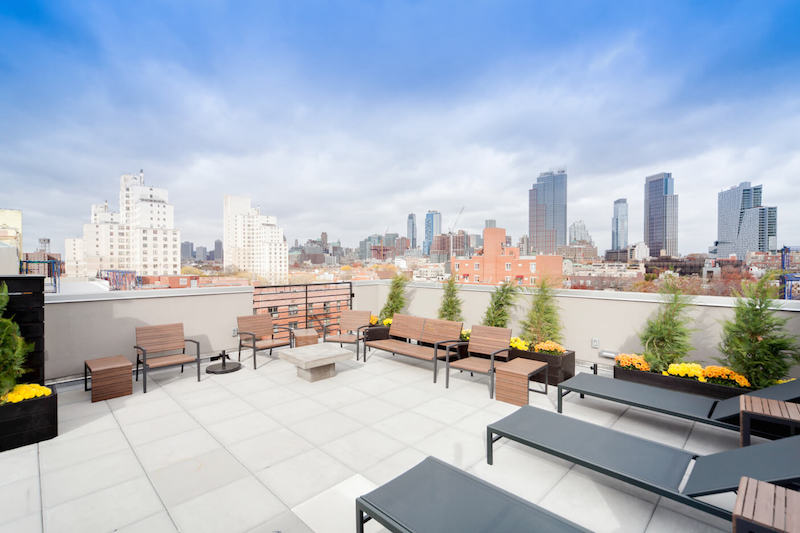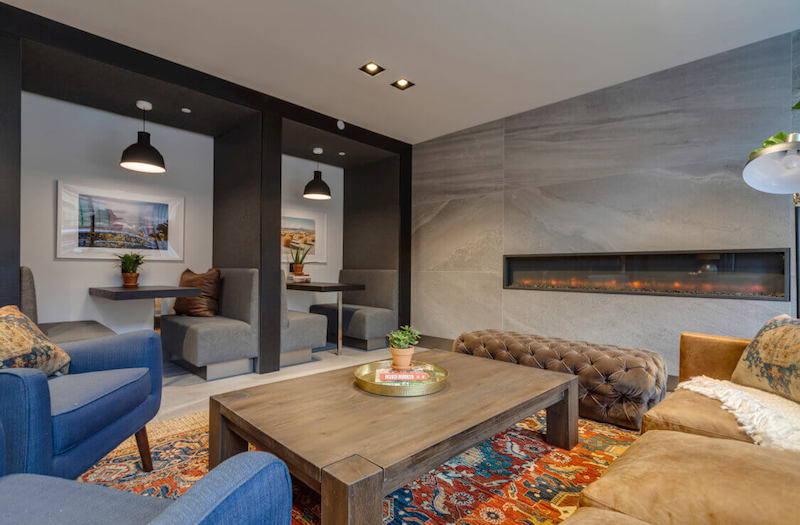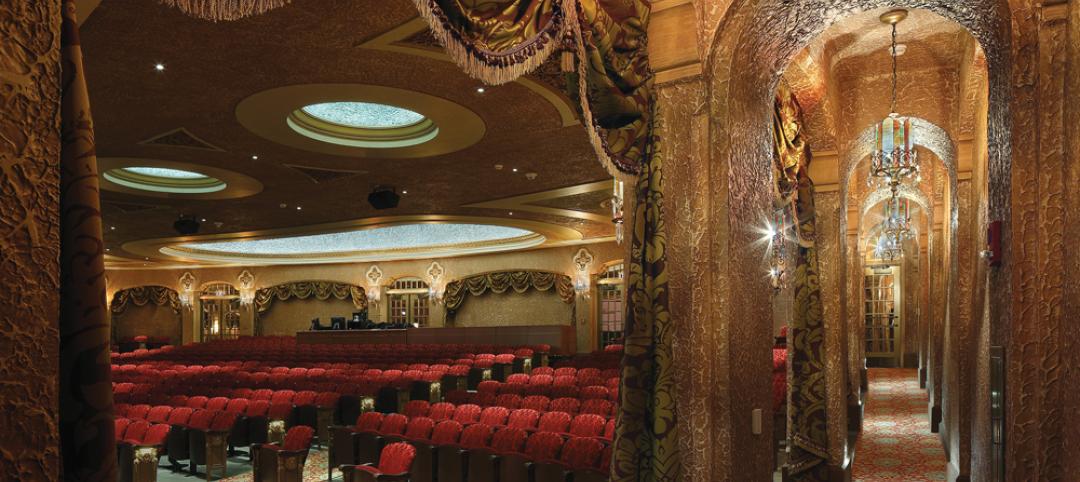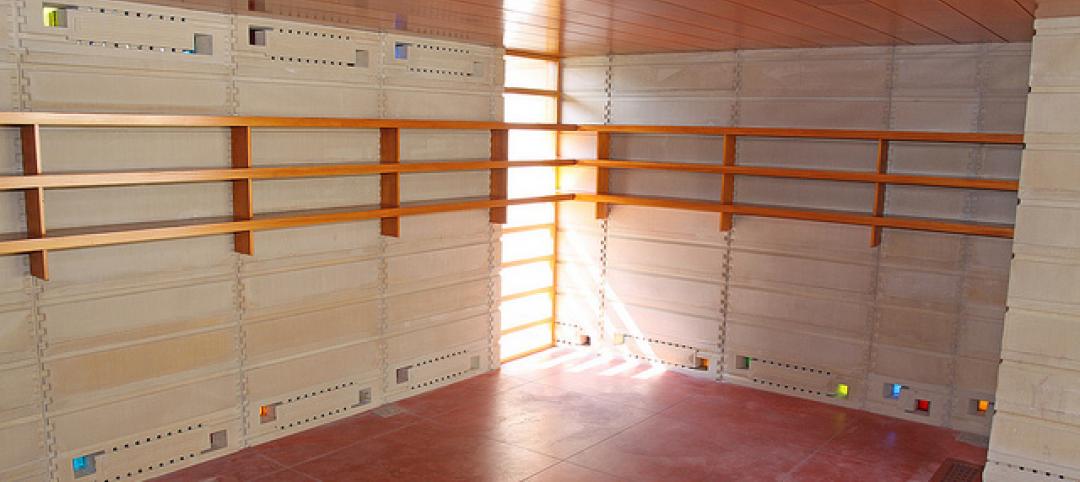The latest coliving phenomenon has spawned its share of startup businesses, all looking to cash in on the demand among younger workers for relatively inexpensive living quarters in urban job centers where affordable housing is scarce-to-nonexistent.
The New York Times recently ran an article titled “The Elusive $1,500 rental,” in which the newspaper noted that the median rent for a Manhattan apartment was $3,475, and that more than half of all New Yorkers spend more than one-third of their incomes on rent.
The solution, for many urban workers, is to find roommates to share the rent burden. And given the market’s supply-and-demand dynamics, it’s not surprising that investors have been diverting their attentions to coliving ventures that answer that call with rentals that require limited lease commitments, and are more like hotels with “all-inclusive” amenities such as furnishings, in-room Wi-Fi, toiletries, linens and towels, and laundry and room-cleaning services.
Coliving companies operate under dwell-like monikers such as The Nook, Node, Roam Co-Living (which caters to global workers), Krash, and Pure House. In May, Bisnow.com reported that Ollie, a co-living company with two locations, had announced the biggest coliving project in North America: a development (with Simon Baron Development and Quadrum Global) in Long Island City, N.Y., that will have 426 beds on 14 floors. It’s scheduled to open next January.
Ollie is currently preleasing 166 coliving beds in an apartment building that will open in Pittsburgh this fall. The company continues to seek institutional financing for growth in markets like Los Angeles and Jersey City, N.J.
Another potential heavy hitter could be WeLive, a coliving venture that WeWork, the fast-growing shared workplace developer, launched in 2016. So far, the company is renting apartments in two buildings, in New York City and Arlington, Va. But expansion plans are on hold so WeLive can “refine” its product, according to James Woods, who leads the WeLive division.
Then there’s New York-based Common, which since launching in the fall of 2015 has raised at least $23.4 million from investors who include some real estate developers. Common currently rents more than 300 bedrooms in nine apartments buildings in New York, San Francisco, and Washington, D.C. (In D.C., a neighborhood association is trying to block Common and developer Oaktree from opening Richardson Place, a 24-unit coliving facility, which the group argues is a commercial property that would be operating in a residential-zoned area).
Earlier this year, Common opened The Baltic in the Boerum Hill section of Brooklyn, N.Y. It was Common’s first hybrid building: 29 apartments with 70 beds for coliving, and 67 studios and one-bedrooms for individual renters.
Sophie Wilkinson, Common’s head of design and construction, notes that Common is different from several of its competitors in that most of its properties have been ground-up construction, including The Baltic, whose developer Adam America owns the building.
Common is also attempting to foment more of a communal living environment. In a recent commentary on Quartz’s website that otherwise disparaged coliving’s responsibility-free ethic, Annaliese Griffin, editor-in-chief of BrookynBased.com, positively singled out Common’s business model that “actively works to maintain long-term tenants and build a strong community within each house.”
Brad Hargreaves, Common's founder, is on record stating his preference for buildings with only around 15 tenants so it’s easier for renters to get to know one another. Common no longer offers one-month leases, and gives tenants discounts on 12-month leases. Each “house” has a “leader” who also gets a discounted lease rate for serving in that role.
Common has been working with developers to design spaces specifically for roommate situations.

A roofdeck lounge is one of the amenities available to coliving renters at The Baltic, one of nine properties operated by Common, a shared-housing provider that is looking to double its bed count this year. Image: Common
Common’s coliving monthly rents in New York start at $1,340 to $2,500 per bedroom, depending on the location; in San Francisco from $2,450 to $2,600; and in Washington D.C., at $1,700. A renter becomes a Common “member” by leasing space. Membership includes free utilities, and access to washers and dryers, household supplies, roof deck spaces, gyms, and weekly room-cleaning. Wilkinson says that, typically, bedrooms are between 100 and 200 sf each, and the apartments are around 900 sf. At The Baltic, there are two to three renters per apartment, although other Common buildings have as many as five coliving renters per apartment.
Wilkinson says designs for coliving apartments focus on communal amenities and spaces, as well as “comfort and privacy on a human scale.” The rooms have lots of natural light. And the designs, she says, take into account “the mechanics of coliving,” in terms of kitchens, storage, and counter spaces.
Common has received more than 15,000 applications for its portfolio of bedrooms, and is looking to do more hybrid projects, Wilkinson says, partly because there are more opportunities to attract developers for them.
Wilkinson was reticent about revealing Common’s expansion plans, noting only a recent announcement about its plan to expand into New Orleans. But earlier this month, the Commercial Observer, based on interviews with Common’s principals, reported that the company intends to more than double to 650 bedrooms by the end of this year, and expand to 2,000 bedrooms by the end of 2018.
Wilkinson did note, however, that she doesn’t think coliving will be confined to urban markets. “I absolutely see us in smaller markets. And what’s been interesting has been that renters are looking for a community aspect.”
Related Stories
| Jul 19, 2013
Renovation, adaptive reuse stay strong, providing fertile ground for growth [2013 Giants 300 Report]
Increasingly, owners recognize that existing buildings represent a considerable resource in embodied energy, which can often be leveraged for lower front-end costs and a faster turnaround than new construction.
| Jul 17, 2013
Top Multifamily Construction Firms [2013 Giants 300 Report]
Lend Lease, Clark Group, Balfour Beatty top Building Design+Construction's 2013 ranking of the largest multifamily contractors and construction management firms in the United States.
| Jul 17, 2013
Top Multifamily Engineering Firms [2013 Giants 300 Report]
STV, URS, AECOM top Building Design+Construction's 2013 ranking of the largest multifamily engineering and engineering/architecture firms in the United States.
| Jul 17, 2013
Top Multifamily Architecture Firms [2013 Giants 300 Report]
IBI Group, Niles Bolton, Perkins Eastman top Building Design+Construction's 2013 ranking of the largest multifamily architecture and architecture/engineering firms in the United States.
| Jul 17, 2013
CBRE recognizes nation's best green research projects
A rating system for comparative tenant energy use and a detailed evaluation of Energy Star energy management strategies are among the green research projects to be honored by commercial real estate giant CBRE Group.
| Jul 16, 2013
Amid single-family housing’s comeback, rental market not skipping a beat [2013 Giants 300 Report]
As the economy recovers and homeownership becomes a realistic option for more consumers, will it spell the end of the multifamily sector’s hot streak? The experts say no.
| Jul 15, 2013
Developer plans to convert historic Kansas City high-rise to mixed-use with 55 new apartments
An $18 million redevelopment proposal would convert a historic Kansas City high-rise into a commercial/residential property.
| Jul 15, 2013
Zaha Hadid unveils plan for boutique condo development in New York
Related Companies taps the London-based architect for the 11-story 520 West 28th Street residential development adjacent to the High Line in Chelsea.
| Jul 11, 2013
Lawsuit challenges modular apartment project in New York City
A plan to build pre-fab apartment buildings at Atlantic Yards in Brooklyn, N.Y., has been challenged by a lawsuit filed by the Plumbing Foundation in Manhattan Supreme Court.
| Jul 10, 2013
World's best new skyscrapers [slideshow]
The Bow in Calgary and CCTV Headquarters in Beijing are among the world's best new high-rise projects, according to the Council on Tall Buildings and Urban Habitat.














